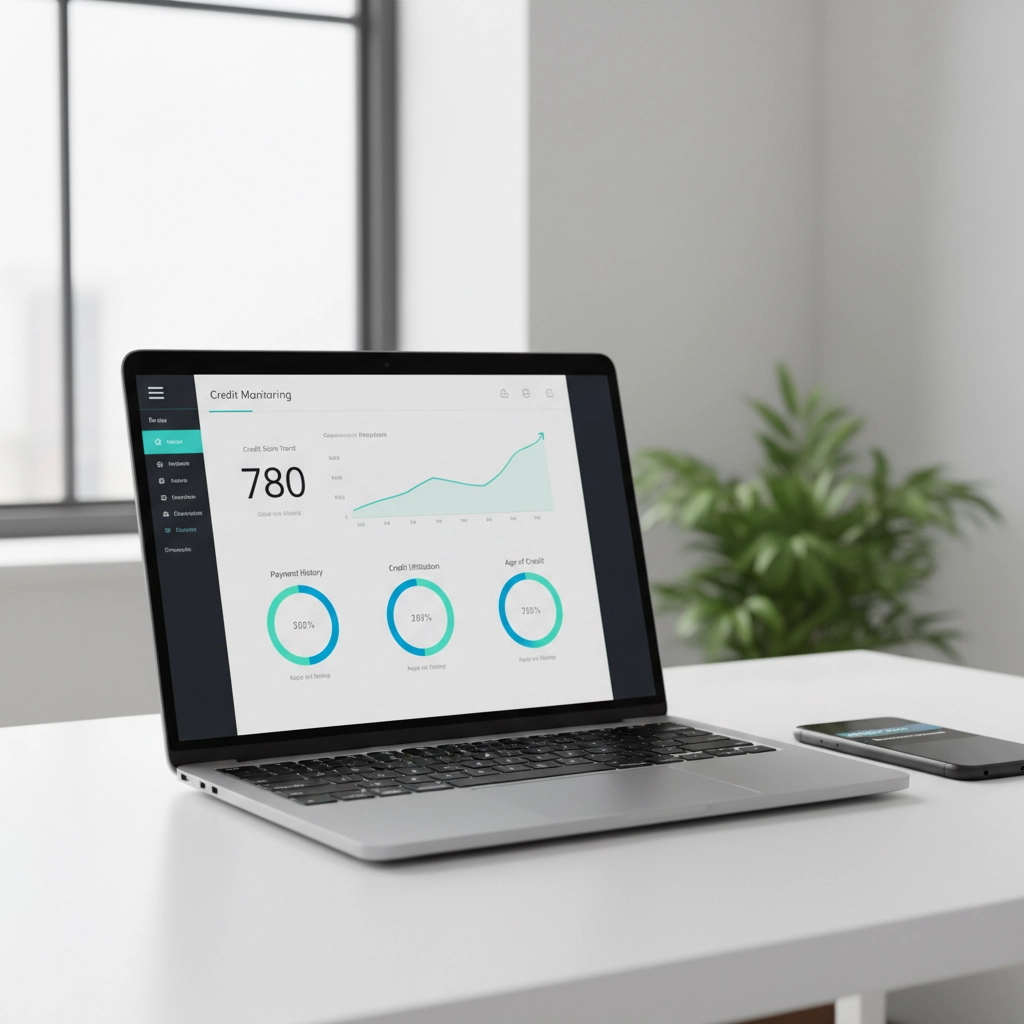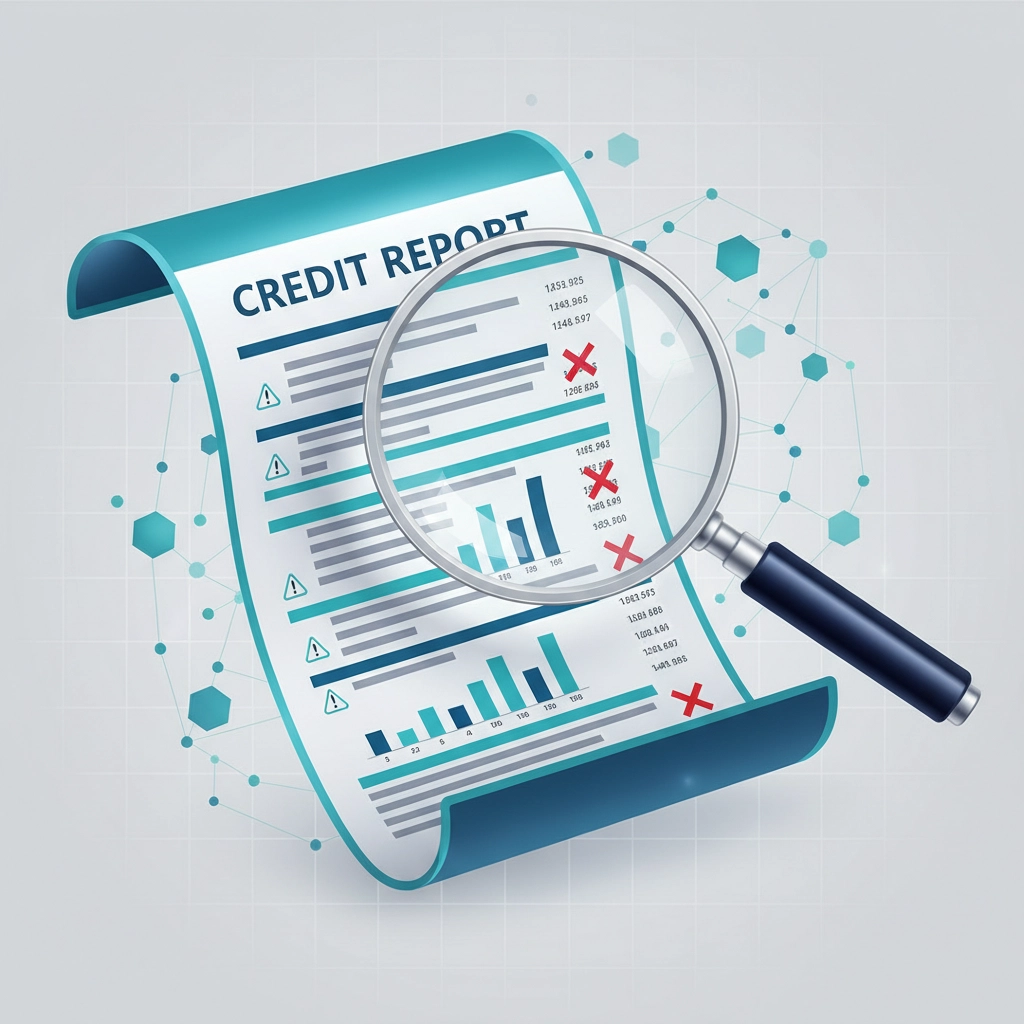You Can Now Get Free Weekly Credit Reports: Here's Why You Should Take Advantage #CreditRepair #FreeCreditReport #FixMyCredit #CreditDispute

Here's some news that could change your financial game forever: You can now access free weekly credit reports from all three major credit bureaus: Equifax, Experian, and TransUnion. That's right, weekly. Not just the old annual check-up, but every single week if you want.
This isn't some limited-time offer or promotional gimmick. What started as a temporary COVID-19 relief measure in 2020 has now become permanent. You're looking at over 150 free credit reports per year, compared to the measly three you used to get annually. Think about what that means for your financial future.
Why This Change Is a Complete Game-Changer
Your credit report isn't just some boring document sitting in a filing cabinet somewhere. It's the blueprint of your financial life that determines whether you get approved for loans, what interest rates you pay, and sometimes even whether you can land that dream job or rent that perfect apartment.
But here's the kicker: credit reports are notorious for containing errors. We're talking about millions of people walking around with mistakes on their reports that are costing them money every single day. Maybe it's an old debt that should've been removed, a payment marked as late when you paid on time, or worse: accounts that don't even belong to you.

When you only checked your credit once a year, these errors could go unnoticed for months, silently sabotaging your financial opportunities. But with weekly access? You can catch problems before they become disasters.
The Real Benefits You Need to Know About
Catch Errors While They're Fresh
Think of your credit report like your bank statement. Would you only check your bank account once a year? Of course not. The same logic applies here. When you check your credit weekly, you can spot new errors immediately and dispute them before they have time to really mess with your score.
Fresh errors are also easier to dispute because the trail of evidence is still warm. Documentation is more accessible, and the companies involved are more likely to have clear records of what happened.
Stop Identity Theft in Its Tracks
Identity thieves don't send you a courtesy email letting you know they've opened accounts in your name. They work in silence, and by the time most people notice, significant damage has already been done. Weekly credit monitoring means you'll see suspicious activity almost as soon as it appears.
Did someone open a credit card in your name? You'll know within days instead of months. That quick detection could save you thousands of dollars and countless hours of cleanup work.
Track Your Credit Repair Progress
If you're actively working on improving your credit, weekly reports let you see your progress in real-time. You can watch as negative items get removed, see how your payment history improves, and celebrate each small victory along the way.
This frequent feedback loop keeps you motivated and helps you understand exactly which actions are moving the needle on your credit score.
How to Access Your Free Reports the Right Way
Here's where you need to be careful. There's only one legitimate website for accessing your free credit reports: AnnualCreditReport.com. Don't get tricked by impostor sites that want to charge you fees or steal your personal information.

The process takes less than 10 minutes:
- Visit AnnualCreditReport.com
- Provide basic information (name, address, Social Security number, date of birth)
- Choose which bureaus you want reports from
- Answer a few identity verification questions
- Download or view your reports
Pro tip: You don't have to request all three reports at once. You could check Equifax this week, Experian next week, and TransUnion the week after. This strategy gives you even more frequent monitoring throughout the year.
What to Look for When You Check Your Reports
Don't just download your report and stick it in a folder. You need to actually review it systematically. Here's what to focus on:
Personal Information Section
Make sure your name, addresses, Social Security number, and date of birth are correct. Even small errors here can cause big problems down the road.
Account Information
Review every single account listed. Look for:
- Accounts that aren't yours
- Incorrect payment histories
- Wrong account statuses (closed accounts showing as open, etc.)
- Inaccurate credit limits or balances
Inquiry Section
Check both hard and soft inquiries. Hard inquiries you don't recognize could indicate identity theft or unauthorized credit applications.
Public Records
Look for bankruptcies, tax liens, or judgments that might be inaccurate or outdated.
Your Rights When You Find Errors
Here's something many people don't realize: You have powerful legal rights when it comes to credit report errors. The Fair Credit Reporting Act (FCRA) requires credit bureaus to investigate disputes and correct inaccurate information.
When you find an error, you can:
- Dispute directly with the credit bureau – Each bureau has online dispute systems that are relatively easy to use
- Contact the creditor who reported the information – Sometimes this is faster than going through the bureau
- Get professional help – If errors are complex or you're not getting results, credit repair professionals can handle disputes more effectively
Remember, credit bureaus have 30 days to investigate your dispute. If they can't verify the information, they must remove it from your report.

Building Better Credit Monitoring Habits
Weekly credit report access is only valuable if you actually use it. Here are some practical tips to make this a sustainable habit:
Set a Weekly Reminder
Pick the same day each week: maybe Sunday evening or Monday morning: and set a recurring calendar reminder. Treat it like any other important weekly task.
Create a Simple System
Keep a spreadsheet or document where you track what you've checked and when. Note any issues you find so you can follow up on disputes.
Don't Overwhelm Yourself
You don't need to do a deep dive every single week. Some weeks, a quick scan for new accounts or major changes is enough.
Focus on Different Areas
Rotate your focus. One week, concentrate on account accuracy. The next week, look closely at personal information. This approach helps you stay thorough without burning out.
When to Get Professional Help
Sometimes, despite your best efforts, credit issues are too complex to handle alone. Maybe you're dealing with multiple errors across all three bureaus, or you're seeing the same wrong information reappear after you've disputed it.
That's when professional credit repair services become invaluable. Experienced credit repair specialists understand the system inside and out. They know which tactics work, how to escalate disputes, and when to take legal action.
Professional help is especially important if:
- You're finding the same errors on multiple reports
- Disputes aren't being resolved in your favor
- You're dealing with complex issues like mixed files or identity theft
- You don't have time to manage the dispute process yourself
The Bottom Line: Your Credit, Your Control
Free weekly credit reports put unprecedented power in your hands. For the first time ever, you can monitor your credit as closely as you monitor your bank account. You can catch problems early, track improvements in real-time, and take control of your financial future like never before.
But here's the thing: this opportunity is only valuable if you actually use it. Don't let this game-changing resource sit unused while errors pile up on your credit reports. Take action this week. Check your credit. Make it a habit. Your future self will thank you.
Your credit doesn't have to be a mystery that only gets revealed once a year. With weekly monitoring, you're in the driver's seat, steering your financial future in the right direction.
#CreditRepair #FreeCreditReport #FixMyCredit #CreditDispute
